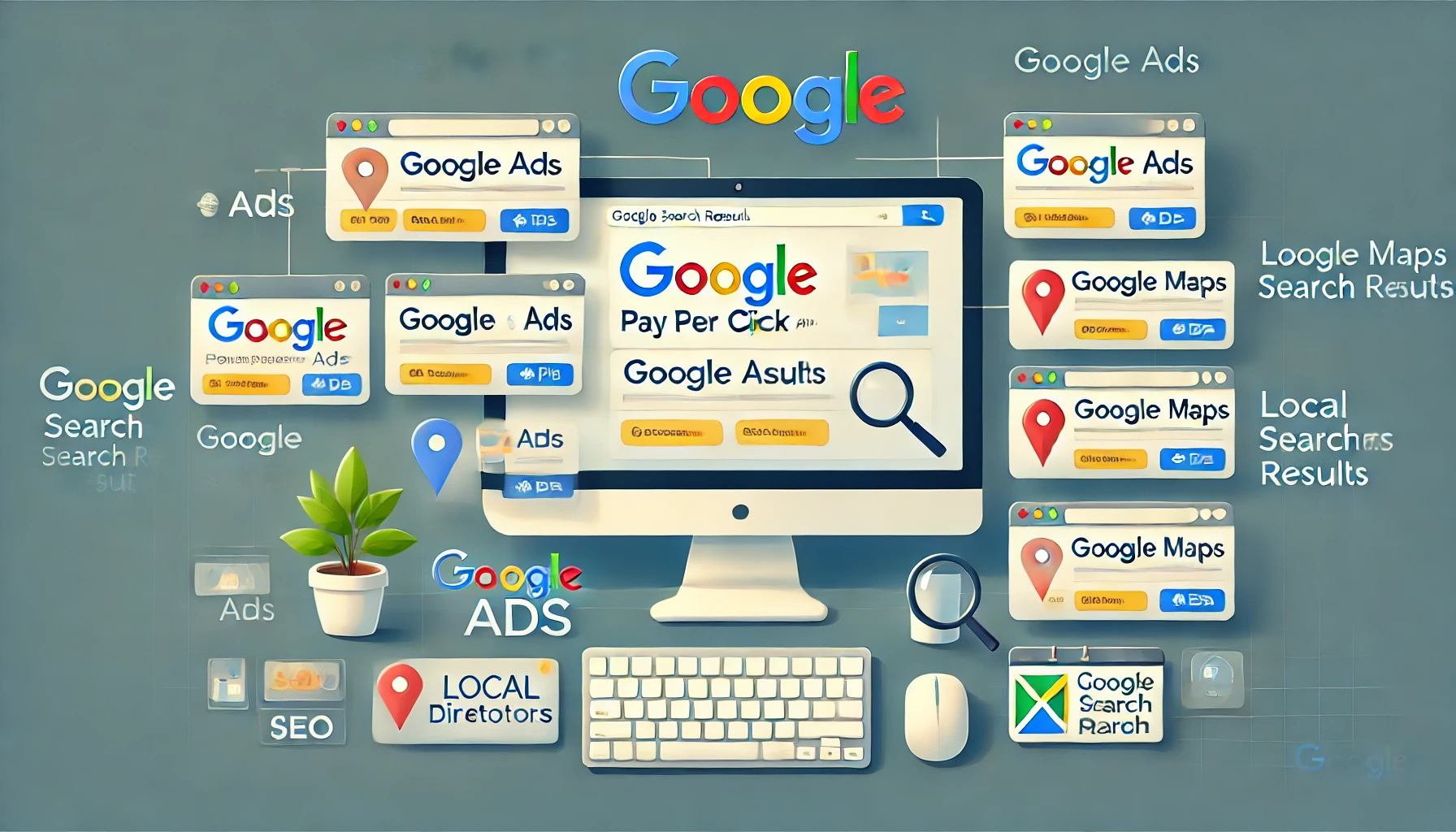How to create a Marketing Strategy for a Small Business (Part 2)
In our previous post we highlighted some key steps to create an effective marketing strategy for your small business, these are:
- Determine your business goals, you need to have a clear vision of what you want to achieve with your Marketing Strategy
- Identify your target audience, analyse who will need the products or services you offer.
- Analyse your competition, have a look at who are your competitors, what and how they are offering and promoting their business.
- Optimize your website, make sure your website is being optimised to be easily found for the search engines, it also looks and work good in any devise (mobile, tablet or laptop).
-
In today’s post will add some other relevant points, so, keep reading to find out more.
Focus on Social Media Marketing.
Social media is a great way to connect with your customers and also promote your business. Social media platforms provide you with a platform where you can reach out to millions of people, interact with them, and even promote your products or services.
By using the right social media marketing strategy, you can grow your brand’s reach and popularity at the same time. However, just because social media marketing does not require any money doesn’t mean that it is easy for small businesses or startups. If done properly, though, social media can help attract new customers while building a strong connection between them and their target audience—which is exactly what every small business needs!
Outline a Content Strategy.
Content marketing is the process of creating and distributing valuable, relevant and consistent content to attract and retain a clearly defined audience – and, ultimately, to drive profitable customer action. It’s a relatively new discipline that’s being adopted by small business owners who want to stand out from the competition by using their blog as an effective lead generation tool.
Use Influencer Marketing.
Influencer marketing is a great way to spread the word about your business, products and/or services and reach new customers.
Influencer marketing is a form of marketing in which brands partner with influencers (the people who have strong online presence and can help spread the word about your business) to promote their products, services, content or events. Influencers usually get paid for promoting these products or services through sponsored posts on their social media channels.
Influencers can help you reach new customers and build your brand. They are trusted by their followers and have large followings on various social media platforms that they use to communicate with their fans/followers about relevant news, trends in the market etc., which makes them an ideal medium for advertising purposes as well!
Having an online presence is more important than ever for small businesses
Create a referral Program.
Referral programs are a great way to get new customers. They work by allowing customers to refer their friends and family, who then receive rewards in exchange for the referral. This can be done through social media platforms like Facebook, Twitter, Pinterest and Instagram; or on your website using an online tool like ReferralFactory. You can know more about some referral tools in this link
Before implementing a referral program for your business, make sure that it’s easy to use so that customers will actually refer their friends or family members without hesitation. Once you have created an effective referral program that people can use easily from all fronts: social media sites and your own website (if applicable) — you’re ready to start marketing!
Monitor and Analyse your Marketing Strategy.
To determinate what works and what can be improved. Once you’ve made a marketing plan, you need to monitor your progress and make adjustments as necessary. One way to do this is by analyzing the data from your marketing efforts. You can use analytics tools like Google Analytics to see what campaigns are working, which ones aren’t working, how much traffic each campaign generates and more.
This information will help you make decisions about how best to use your resources in the future, helping improve both the efficiency of your marketing efforts and their effectiveness.
We hope that you now have a better idea of how to create an effective marketing strategy for your small business. Remember, it’s not enough to simply set goals and execute on them. You also need to monitor your efforts so that they continue to align with your objectives. Finally, don’t forget to share what works on your social media or any Business/Marketing community you are part of, so we can help each other out 🙂





